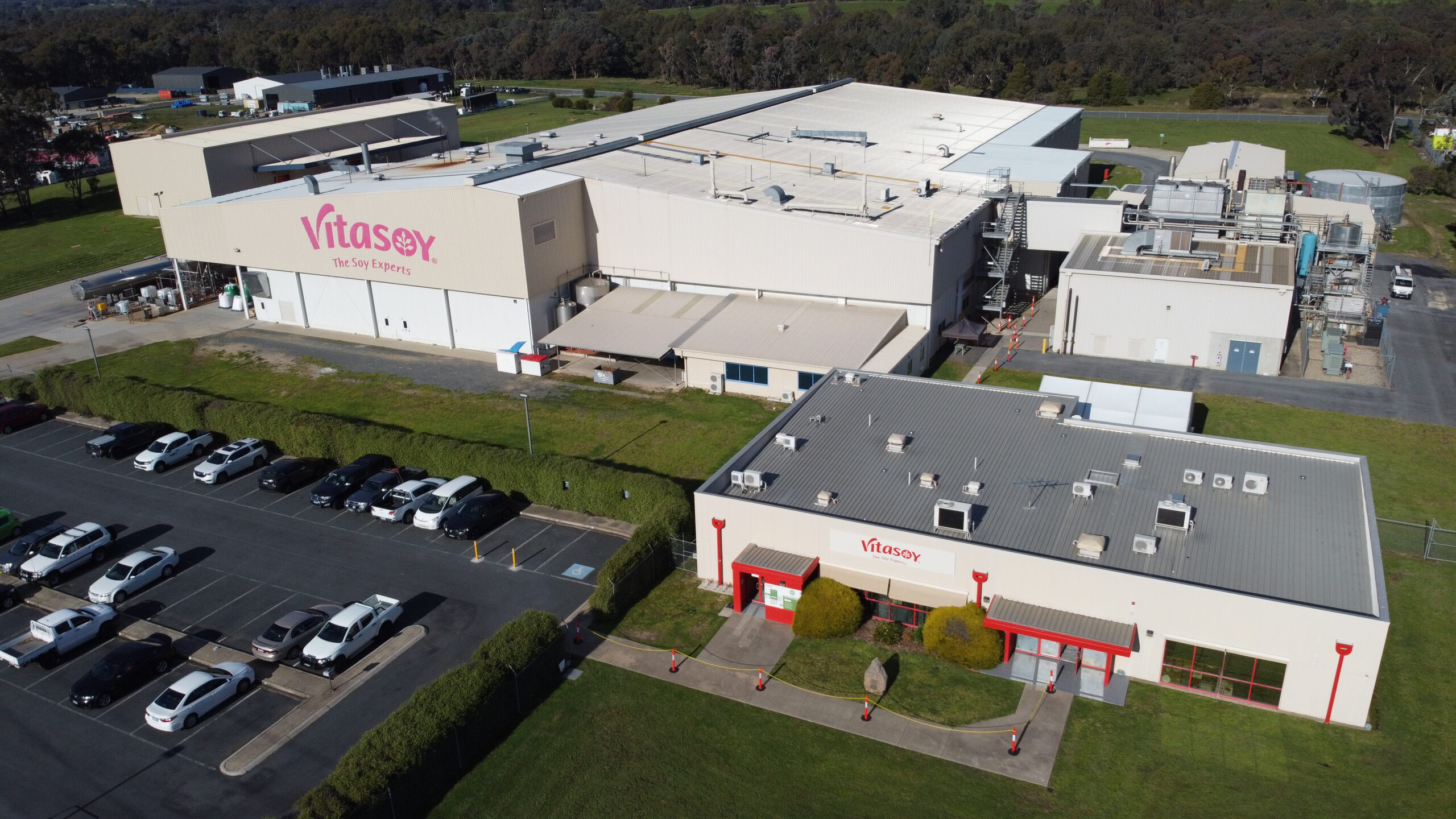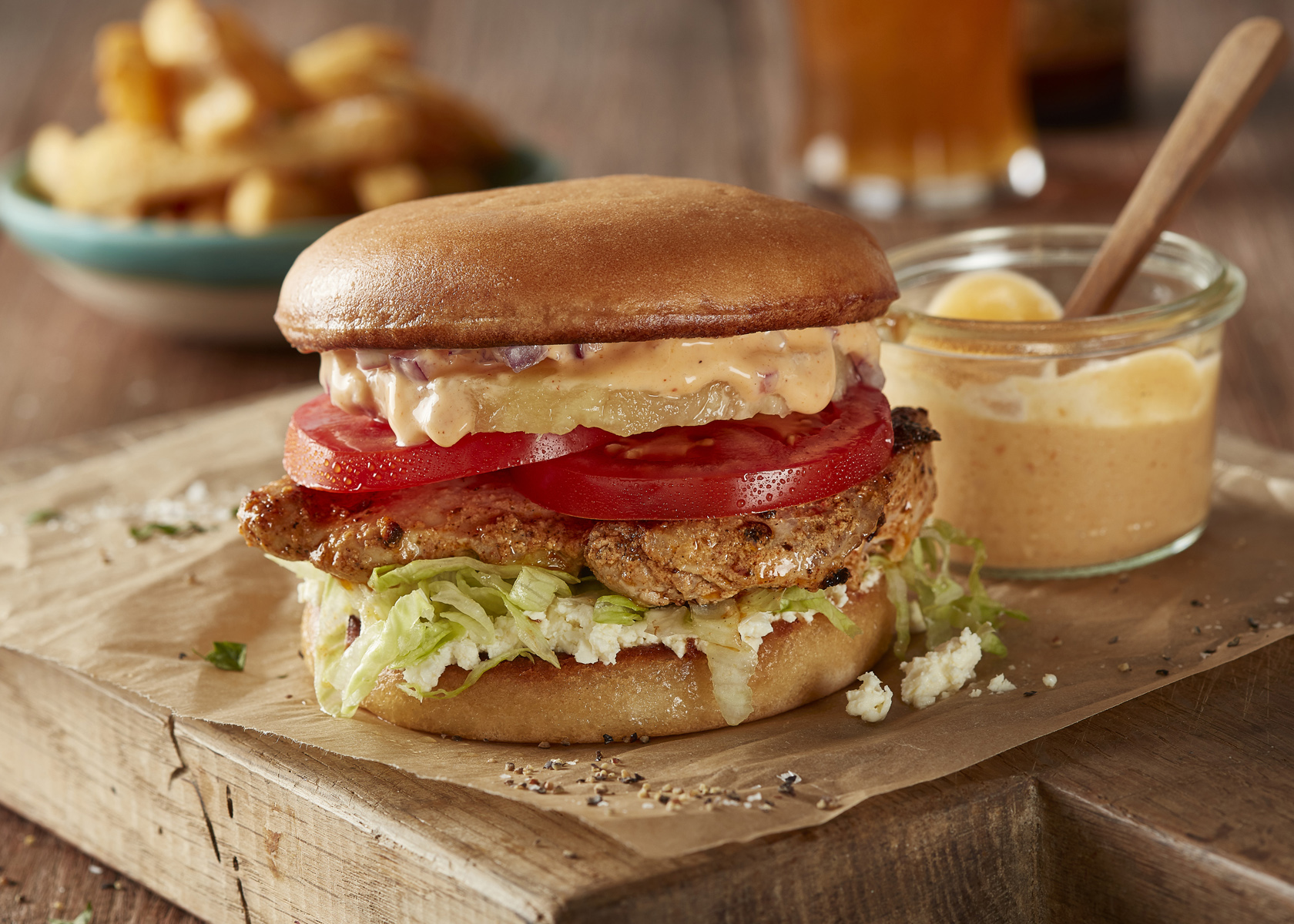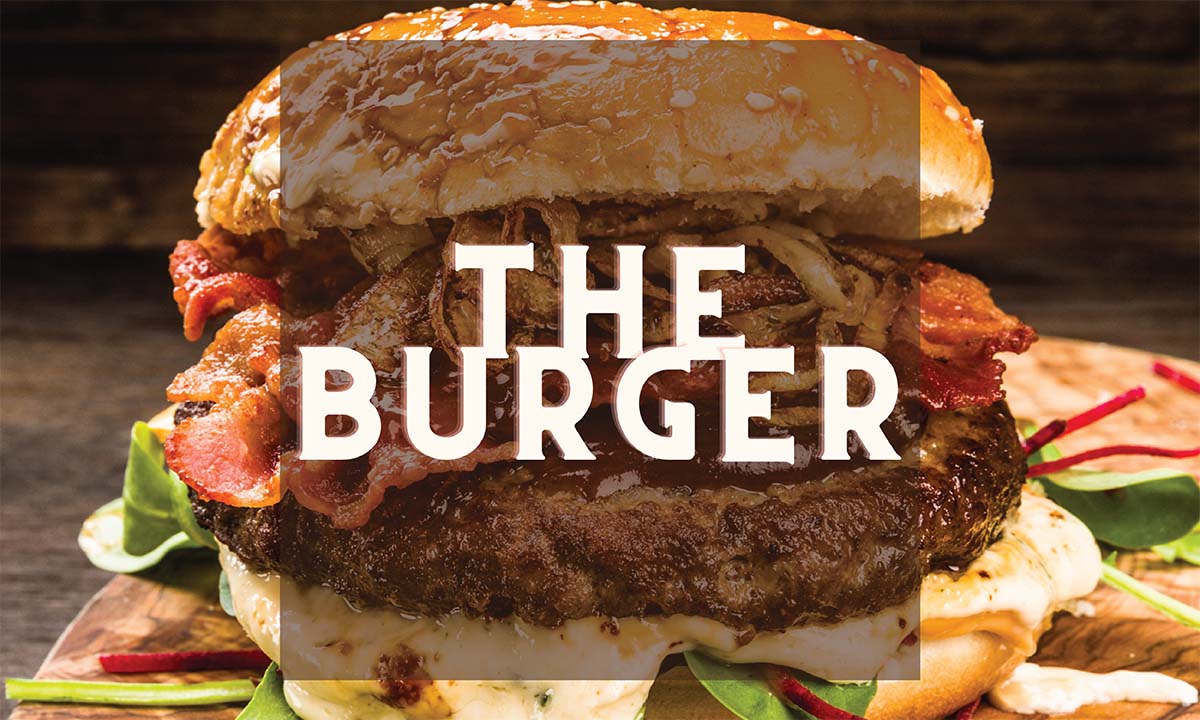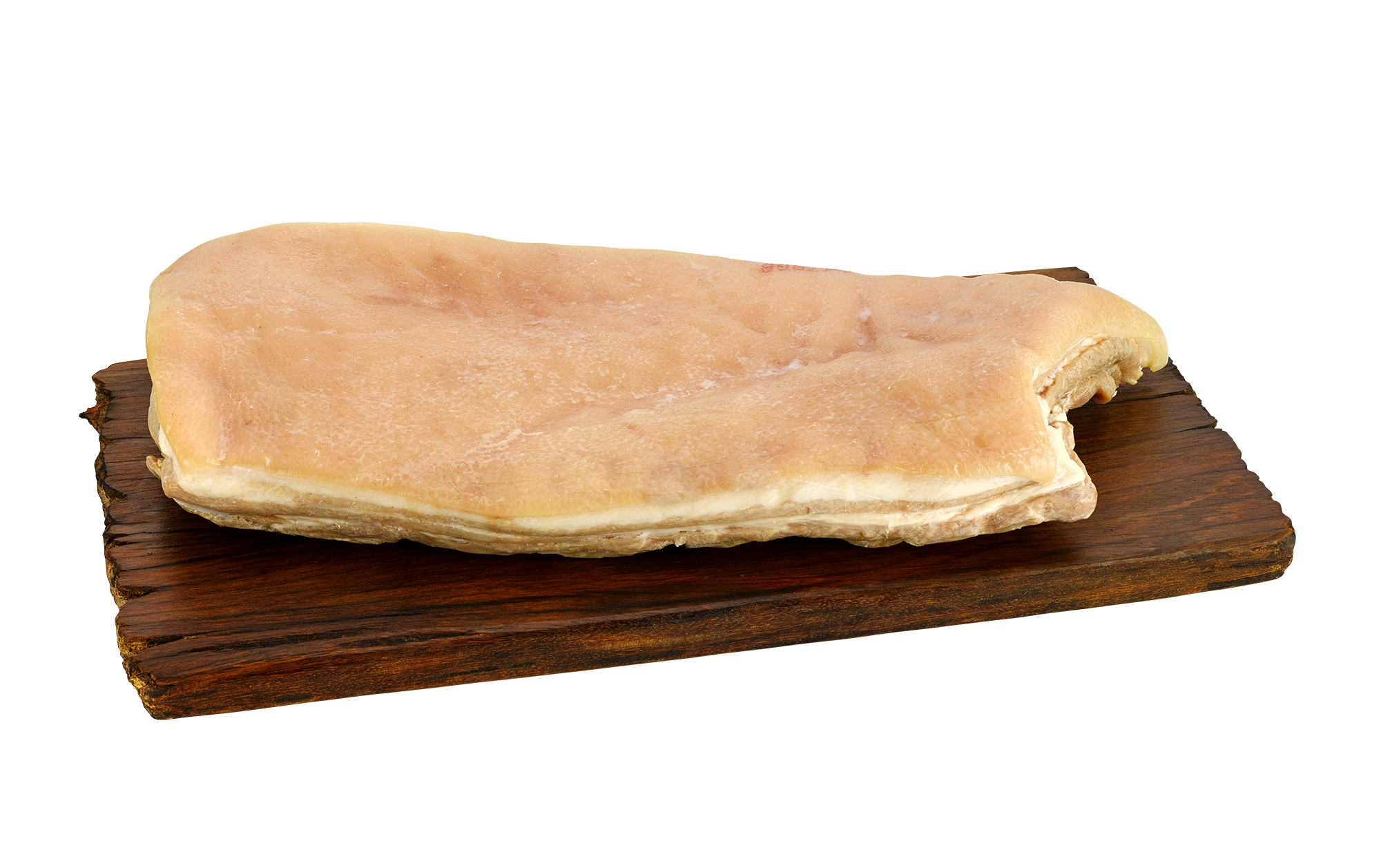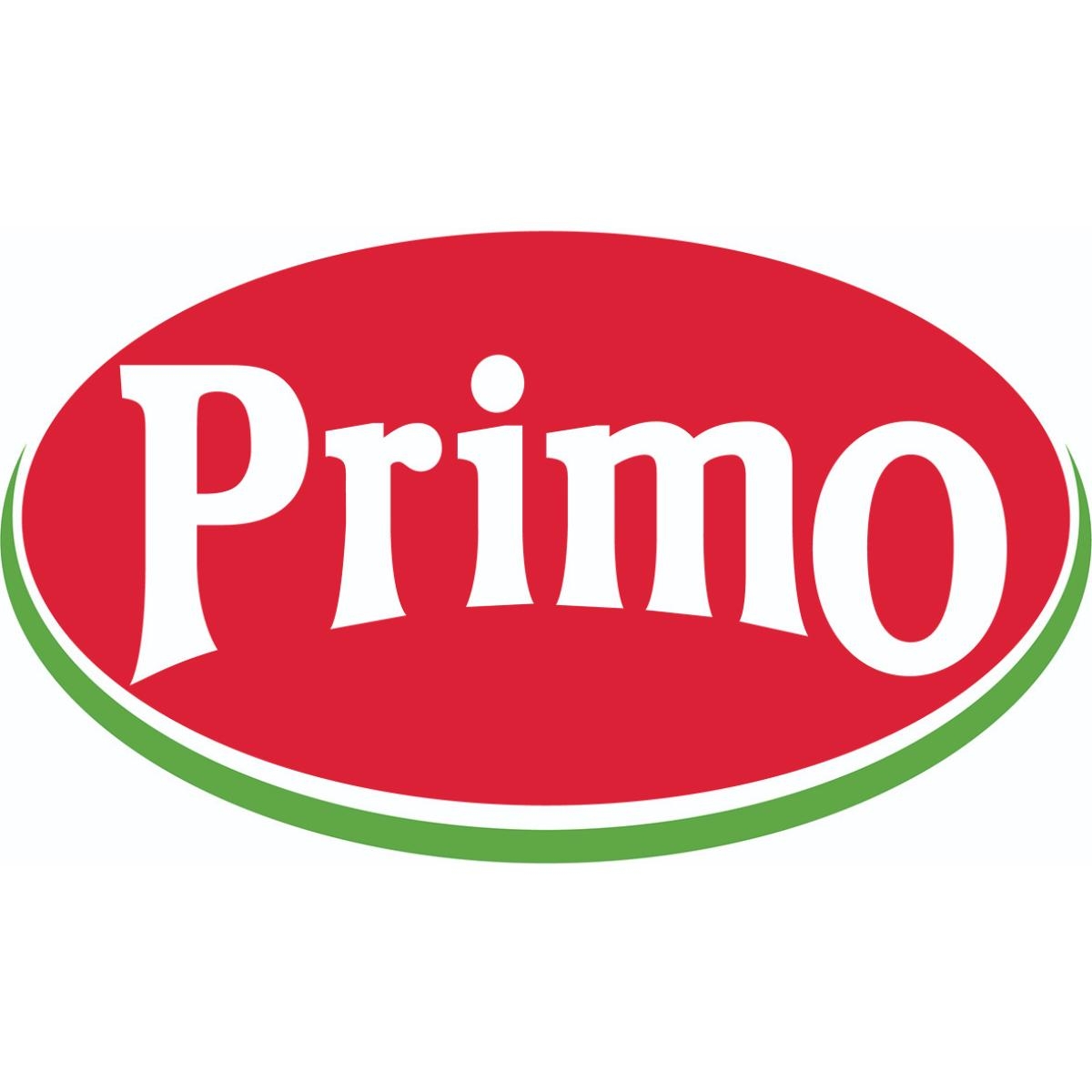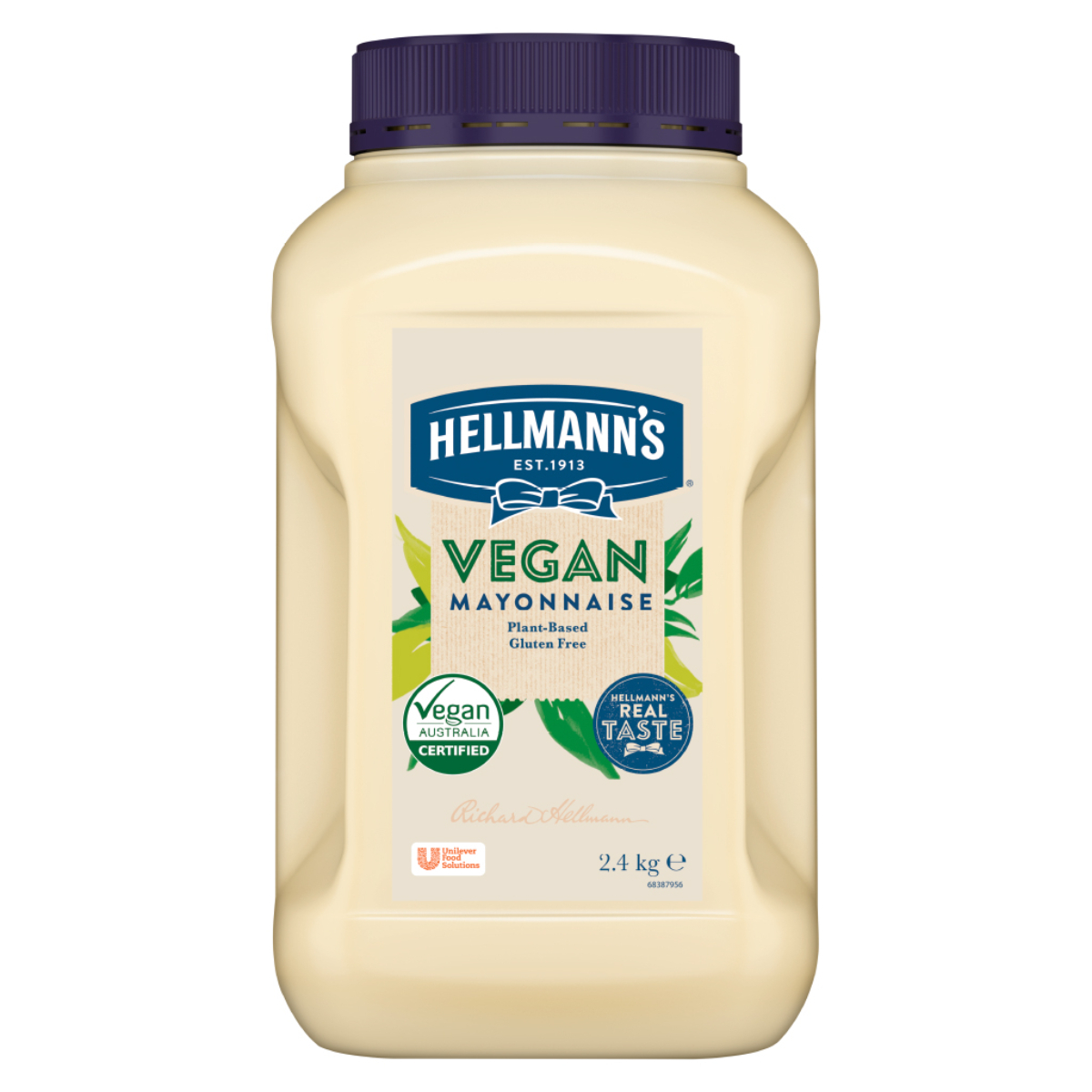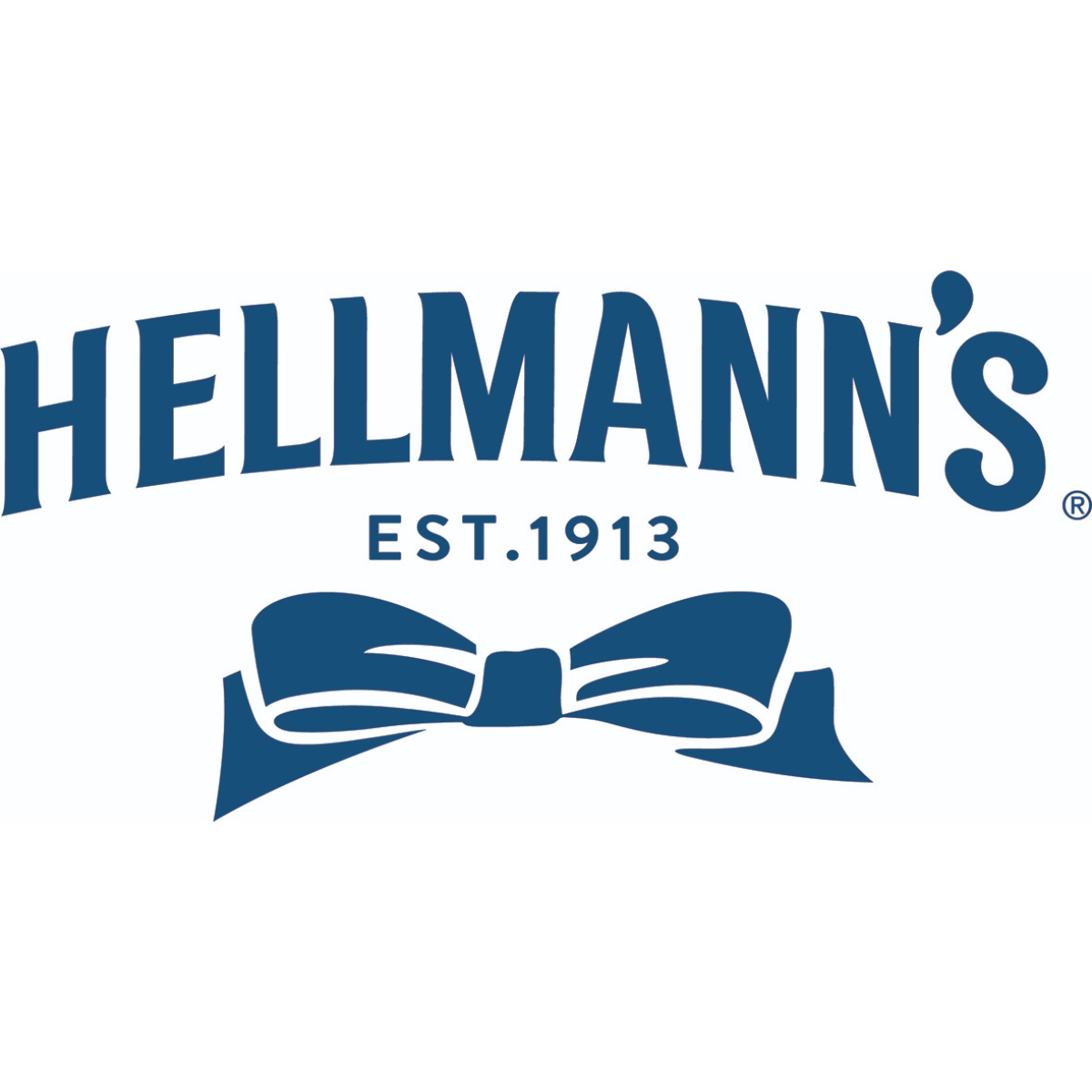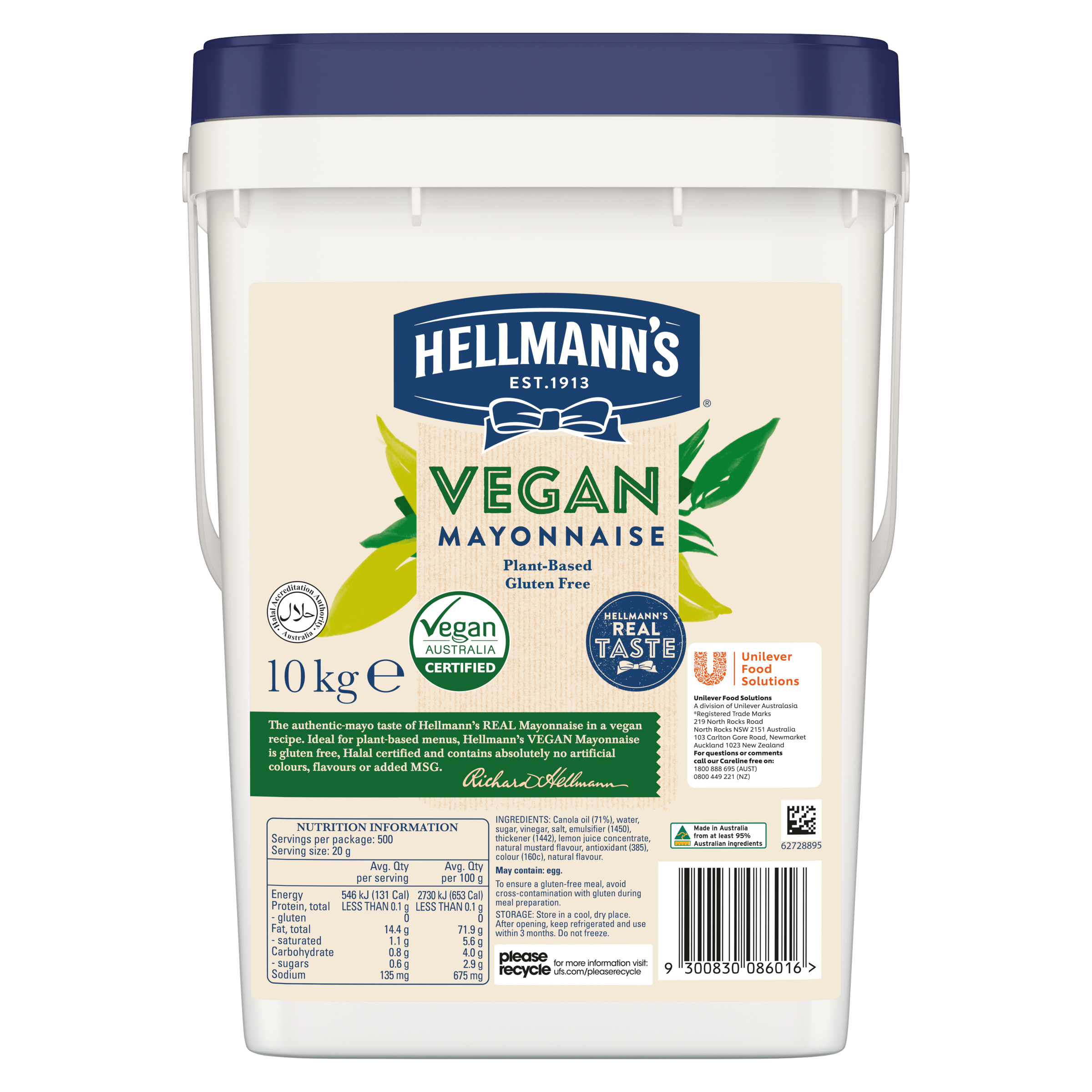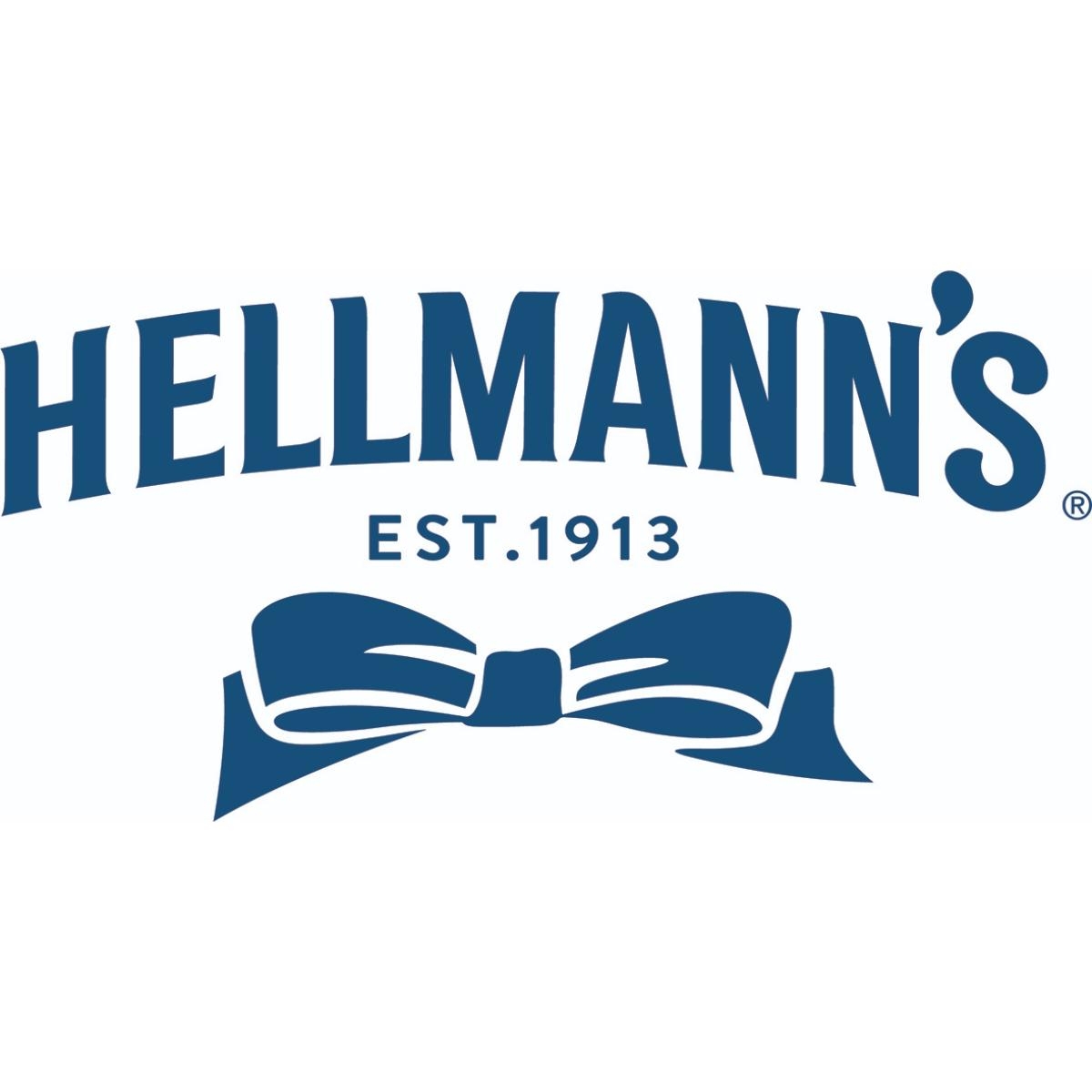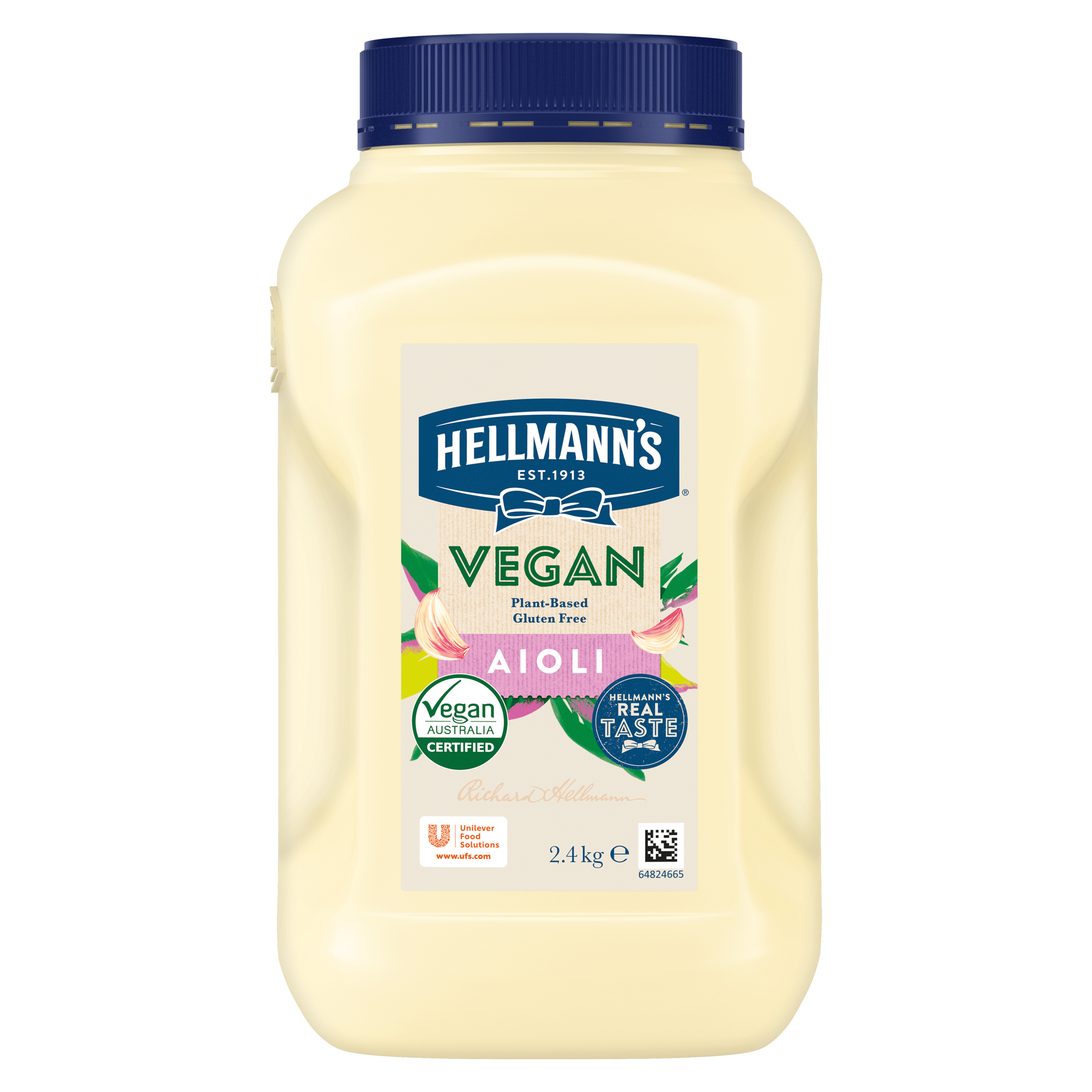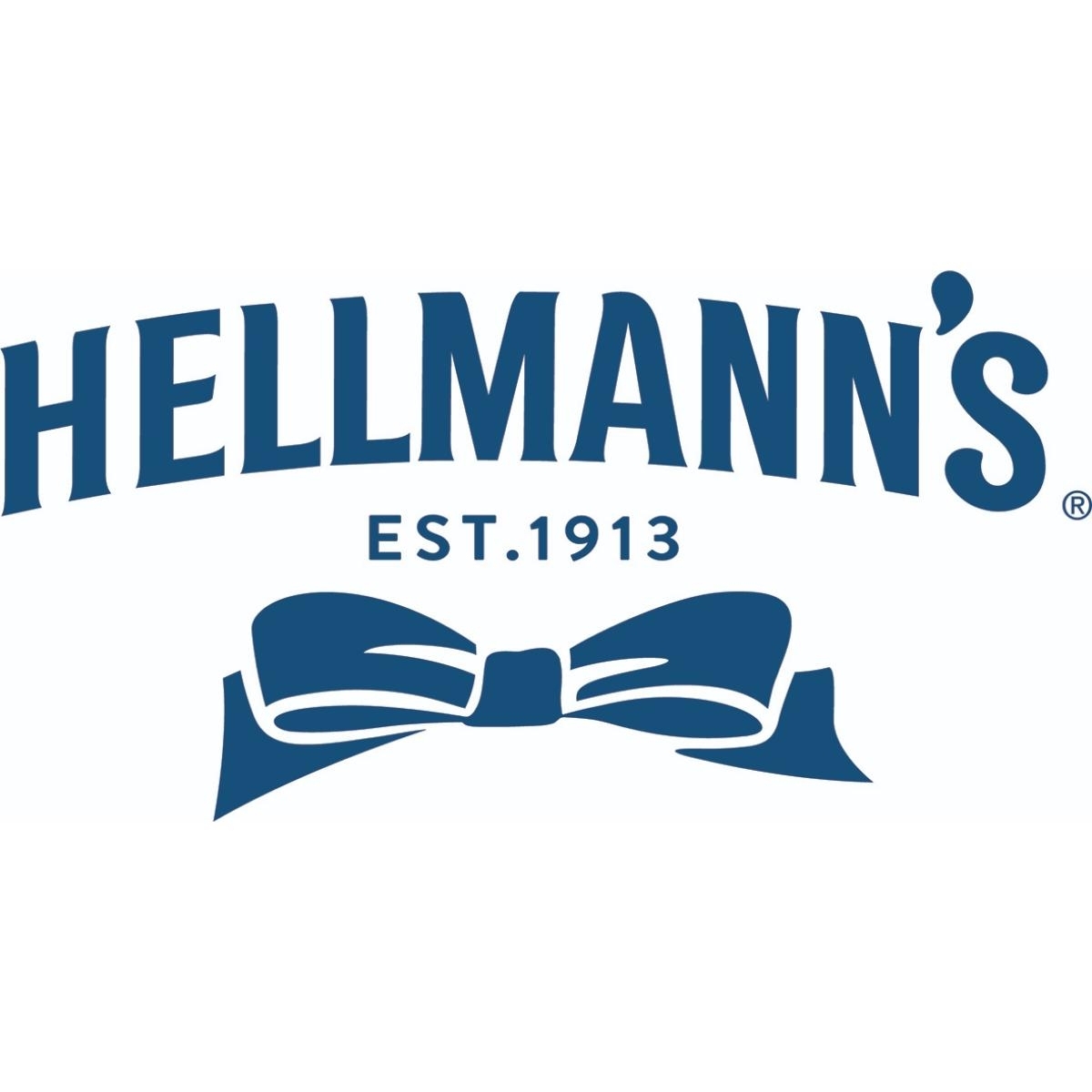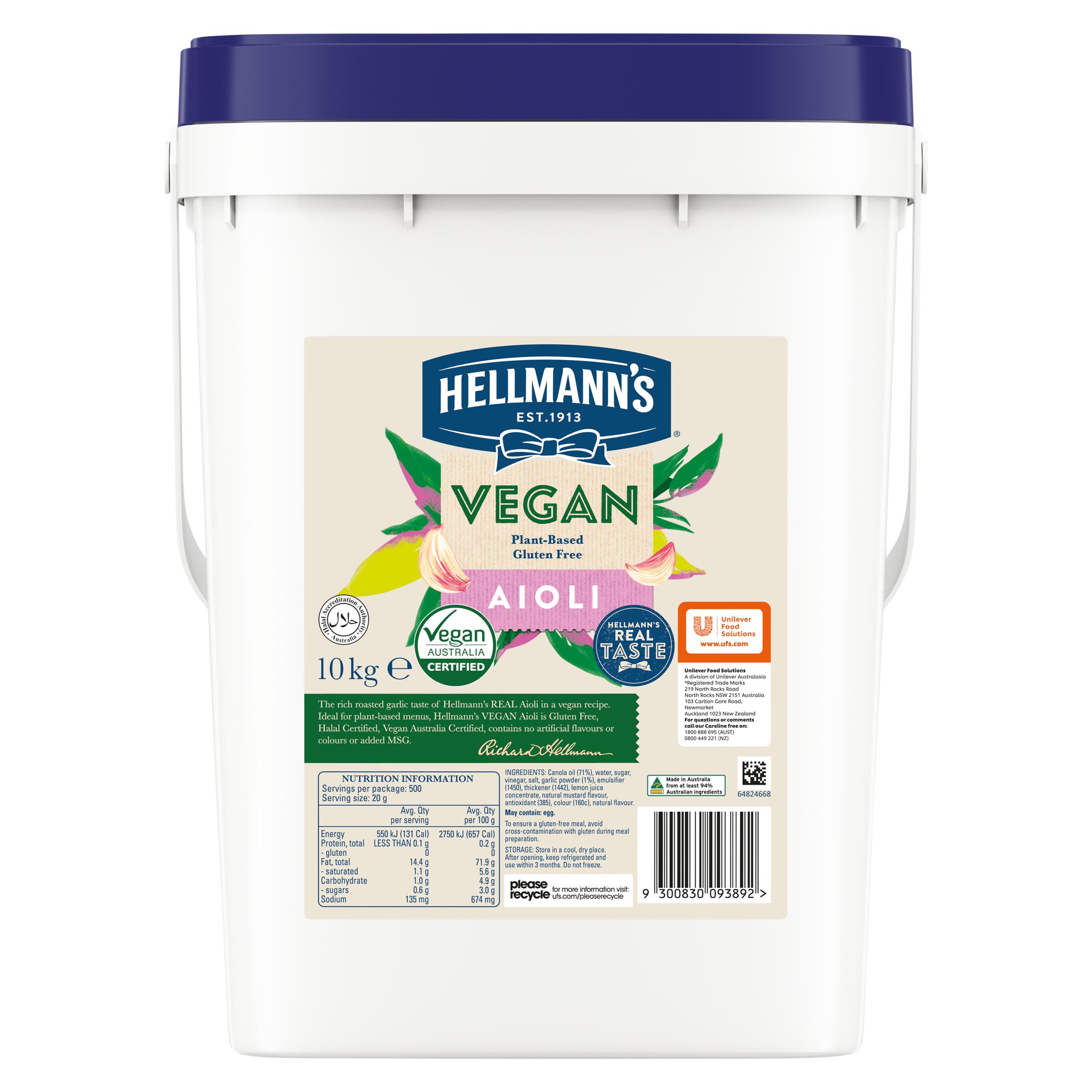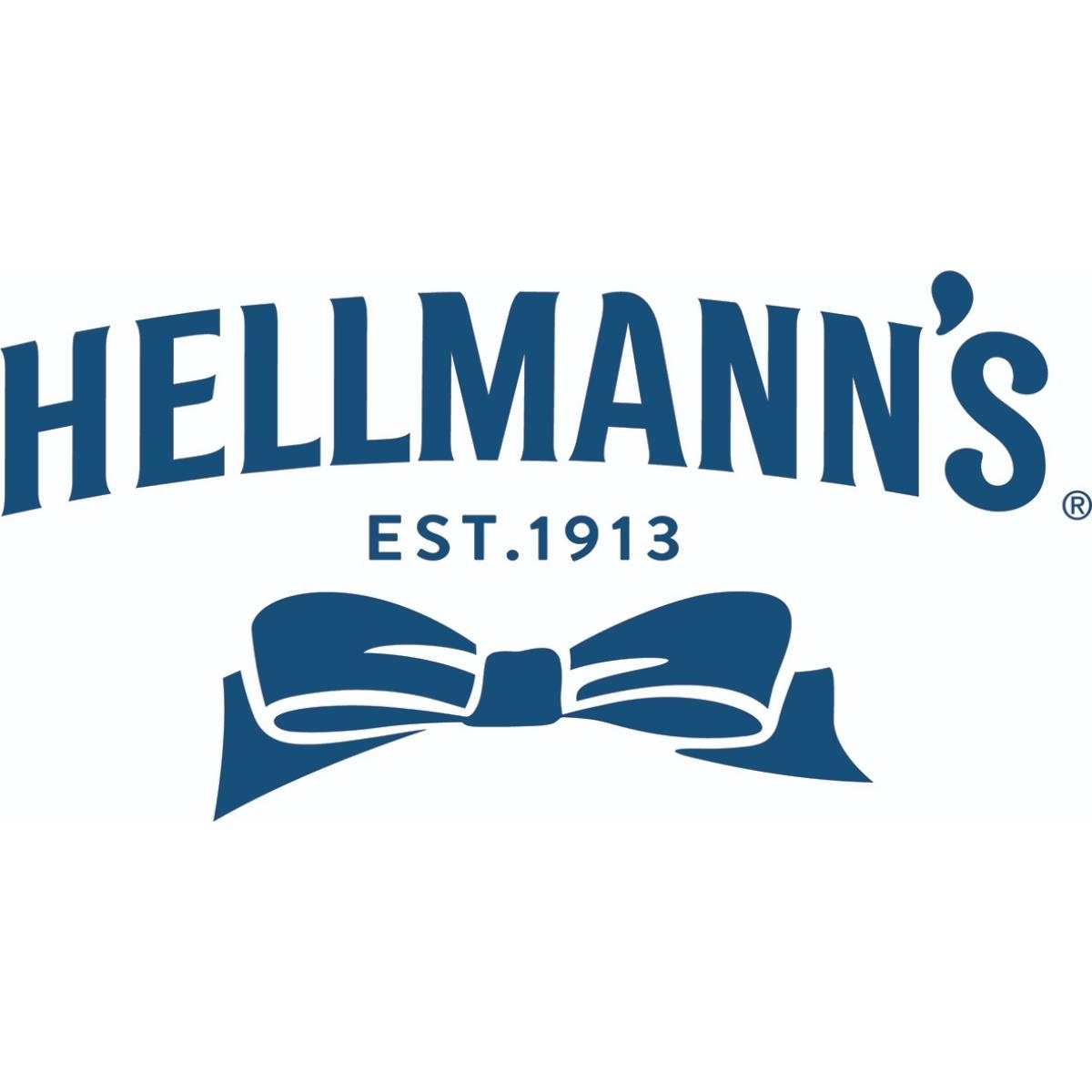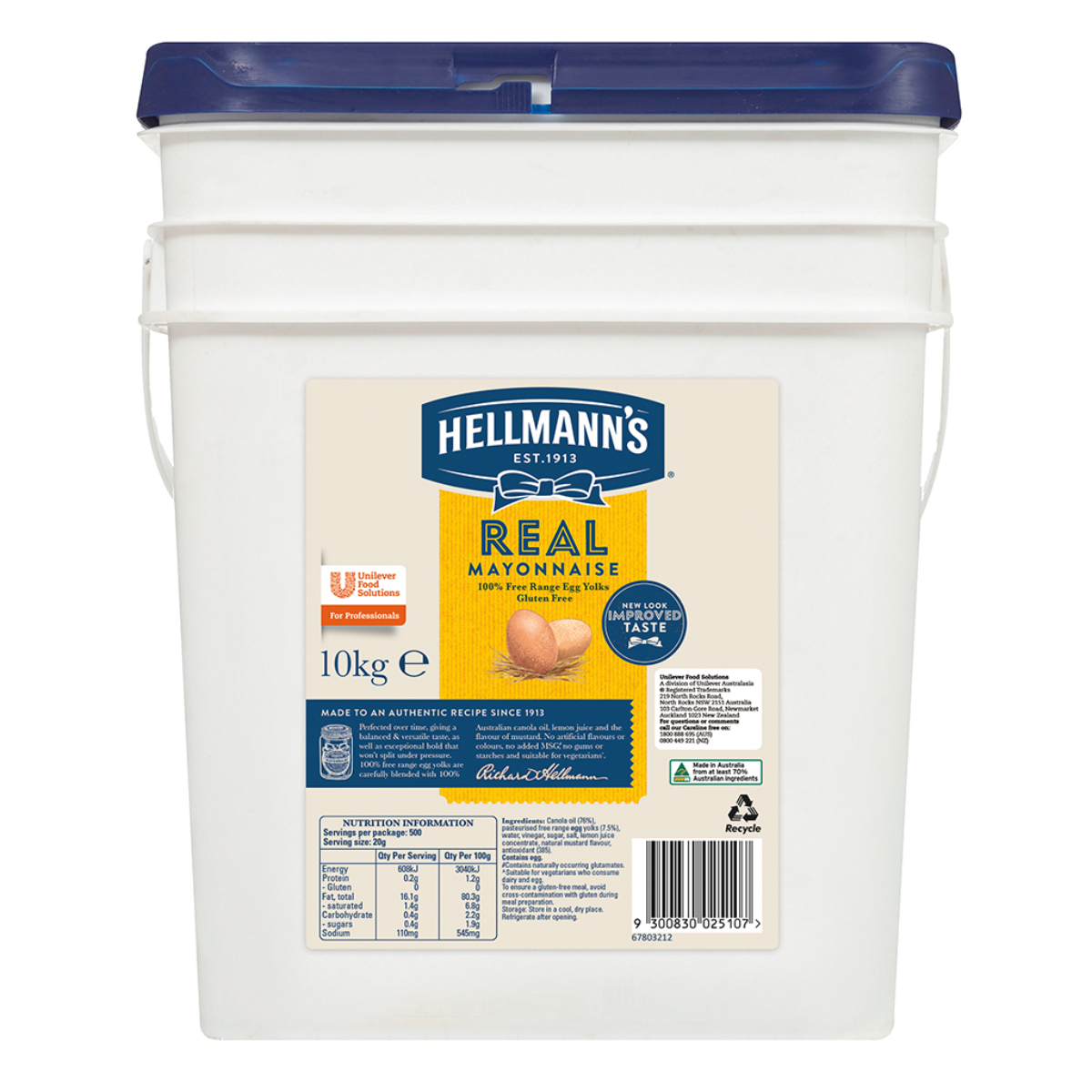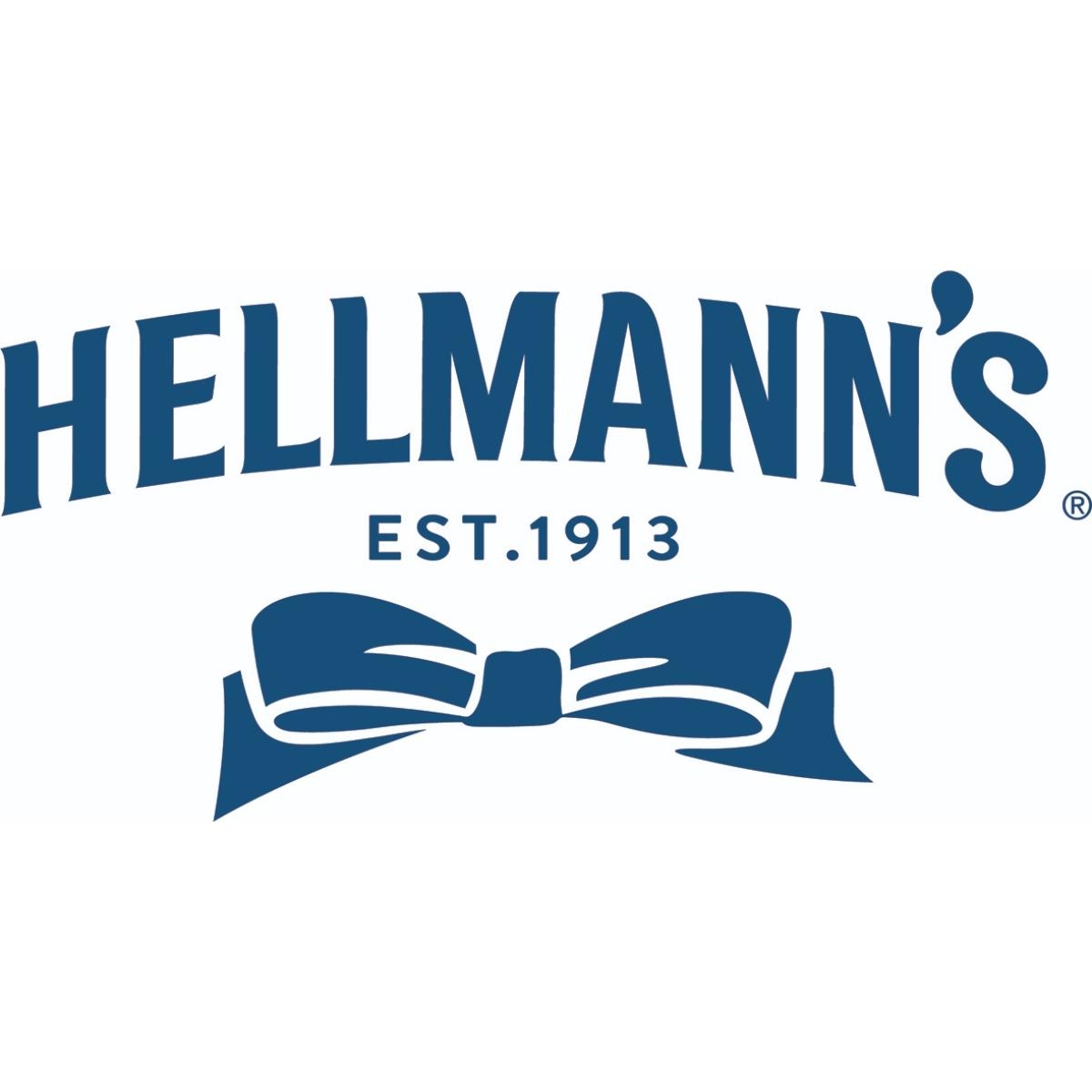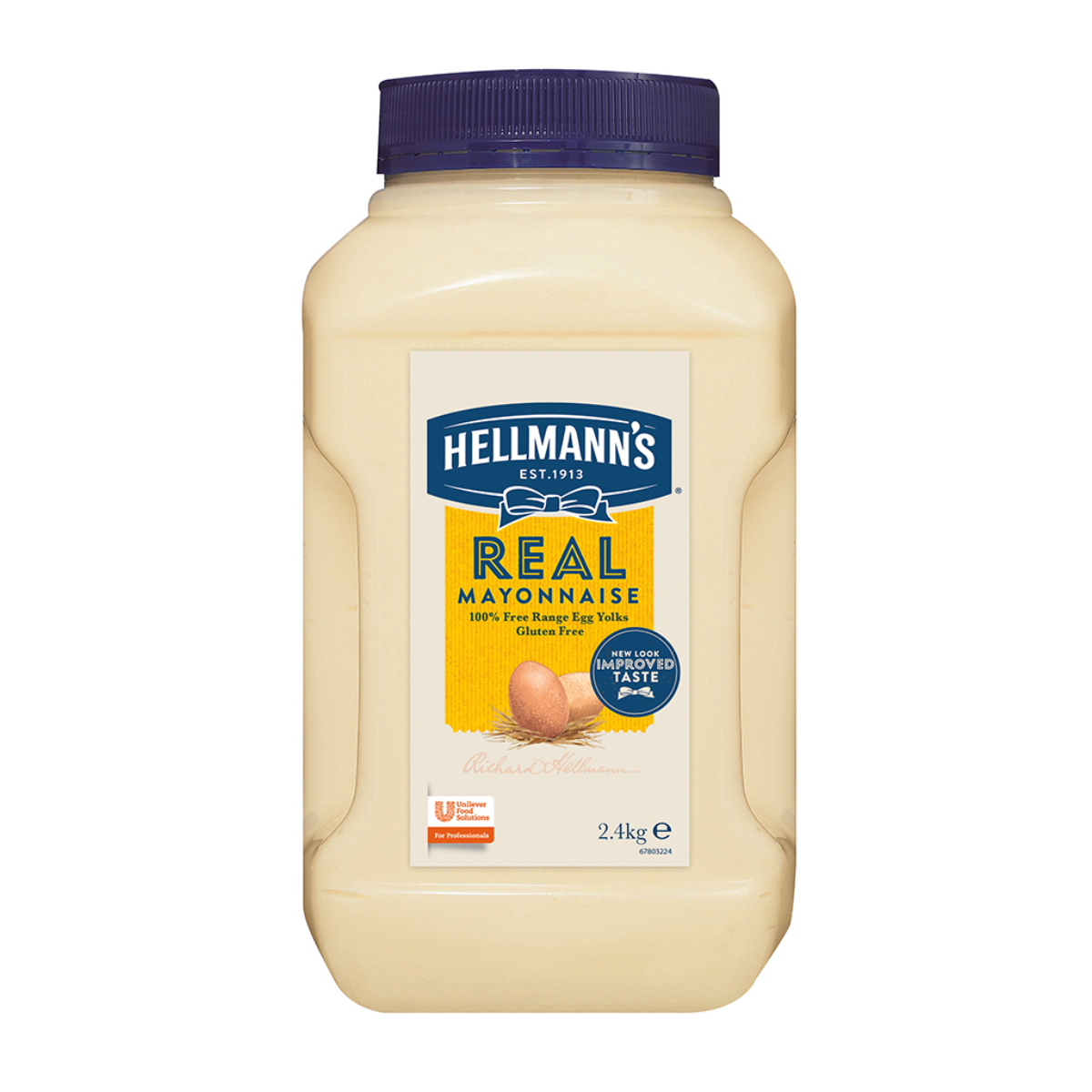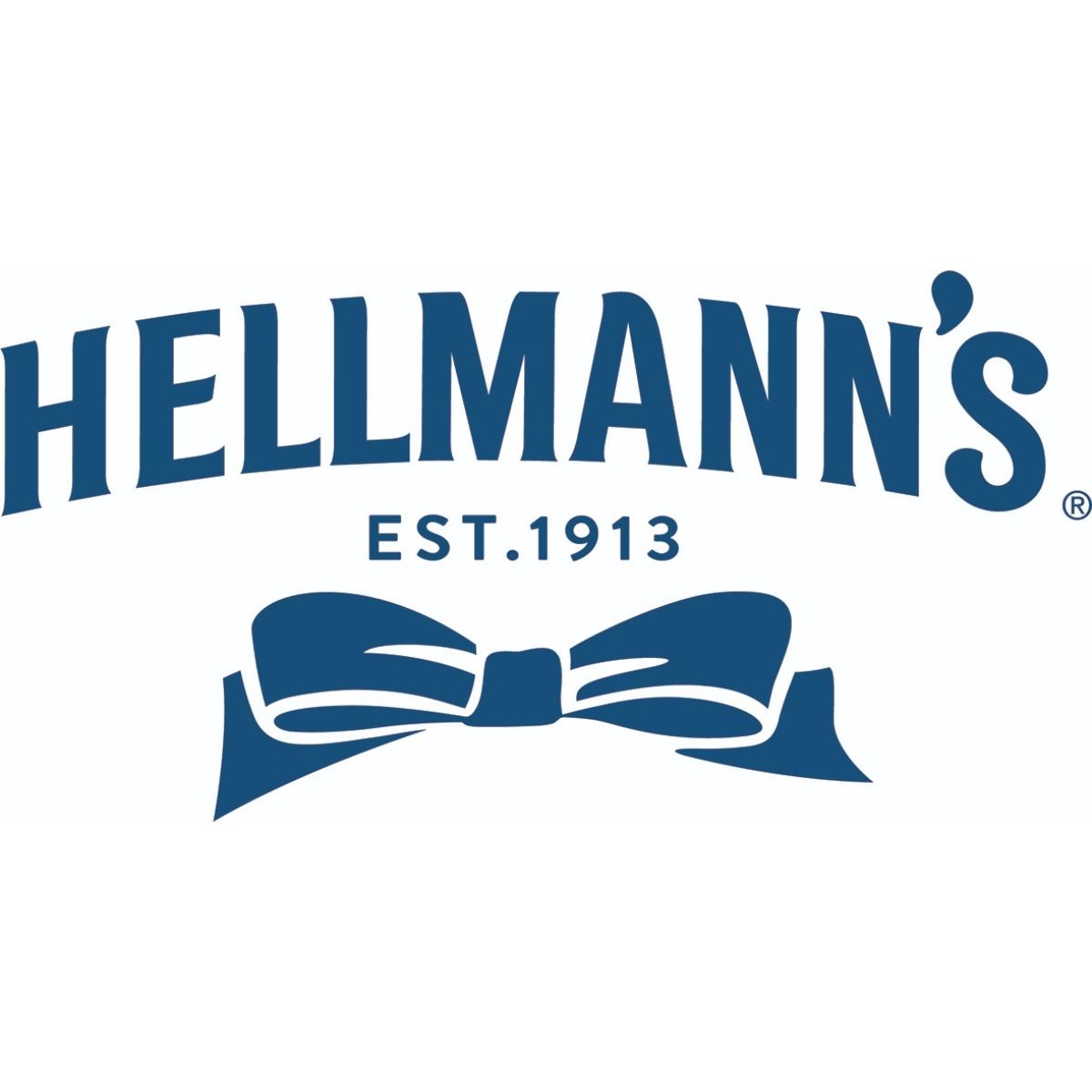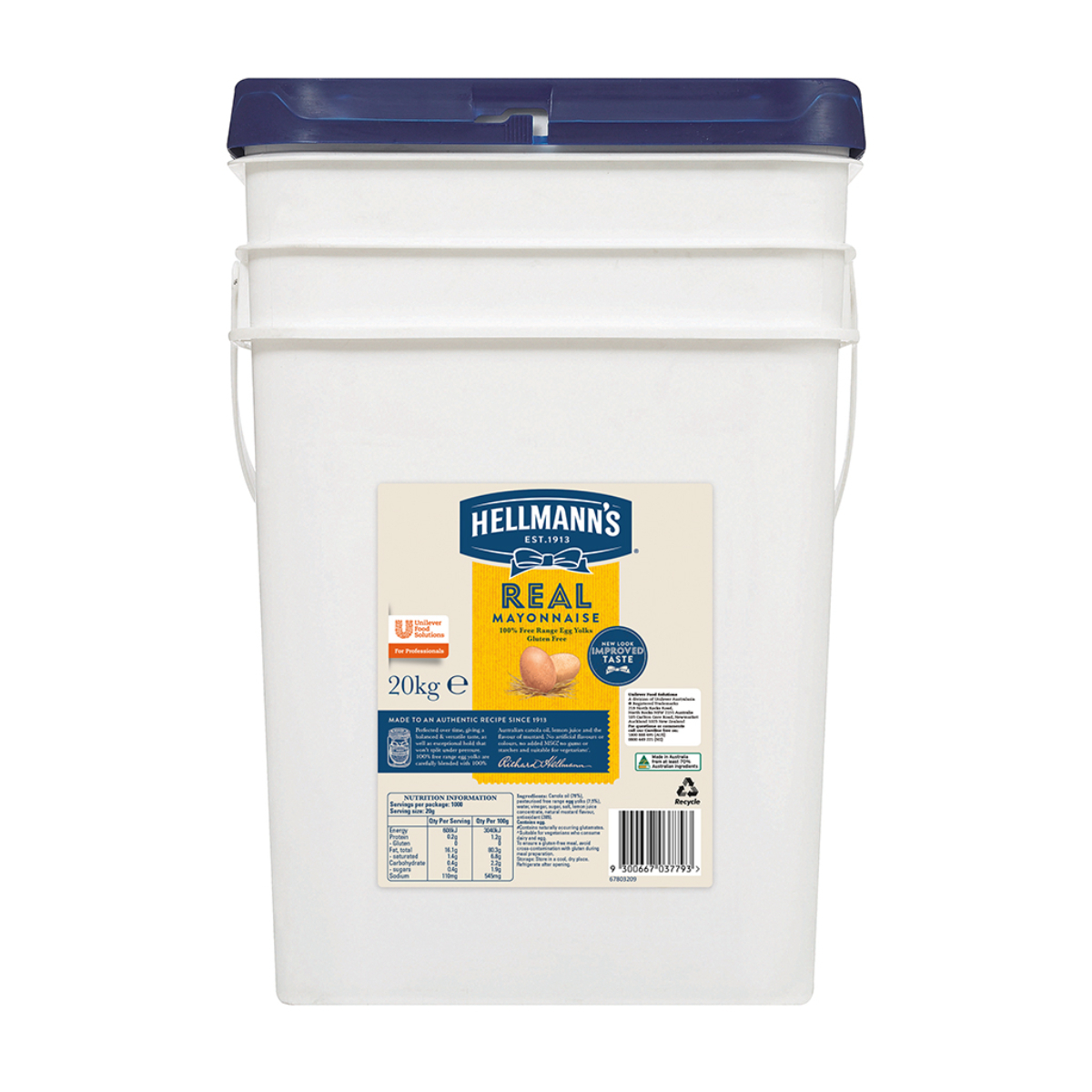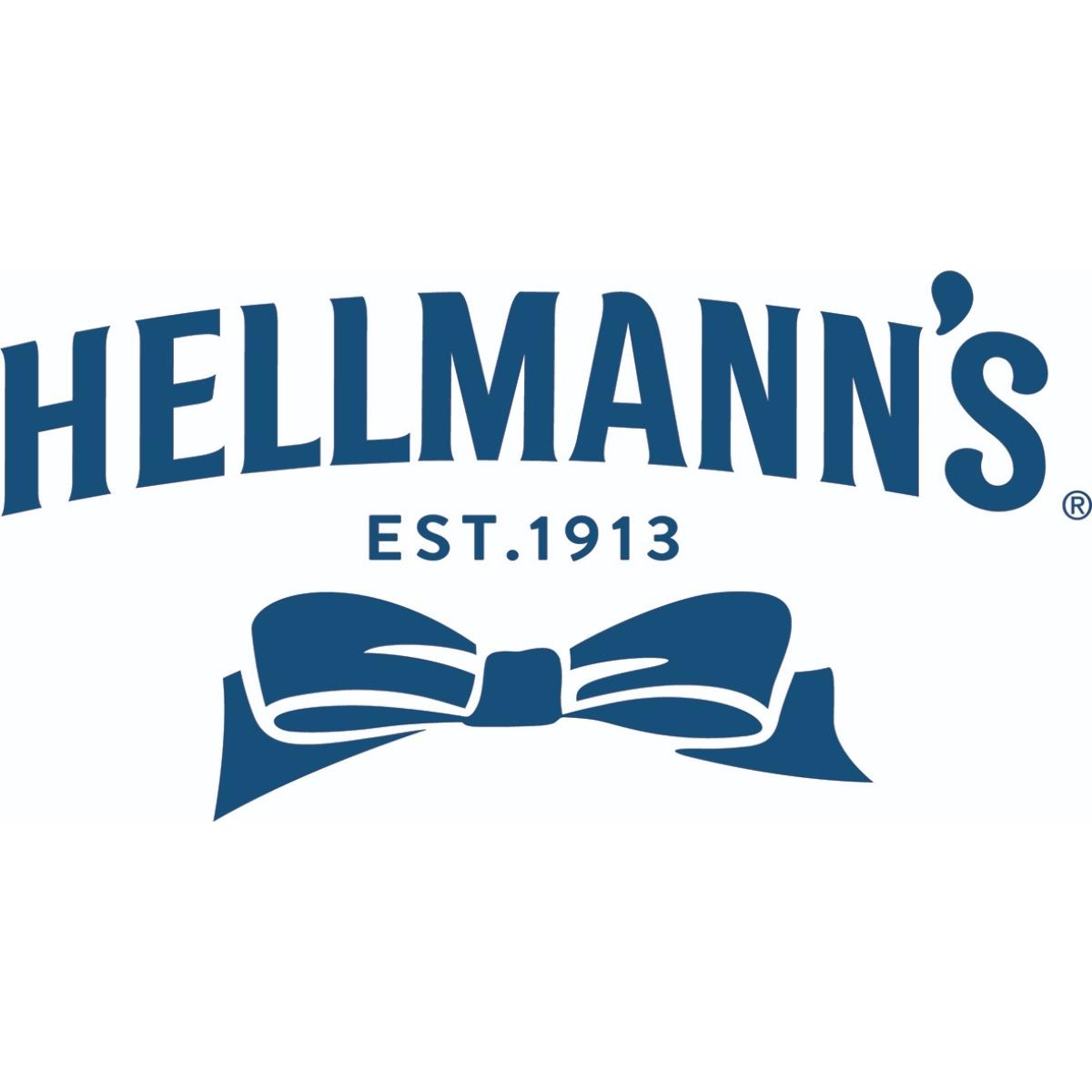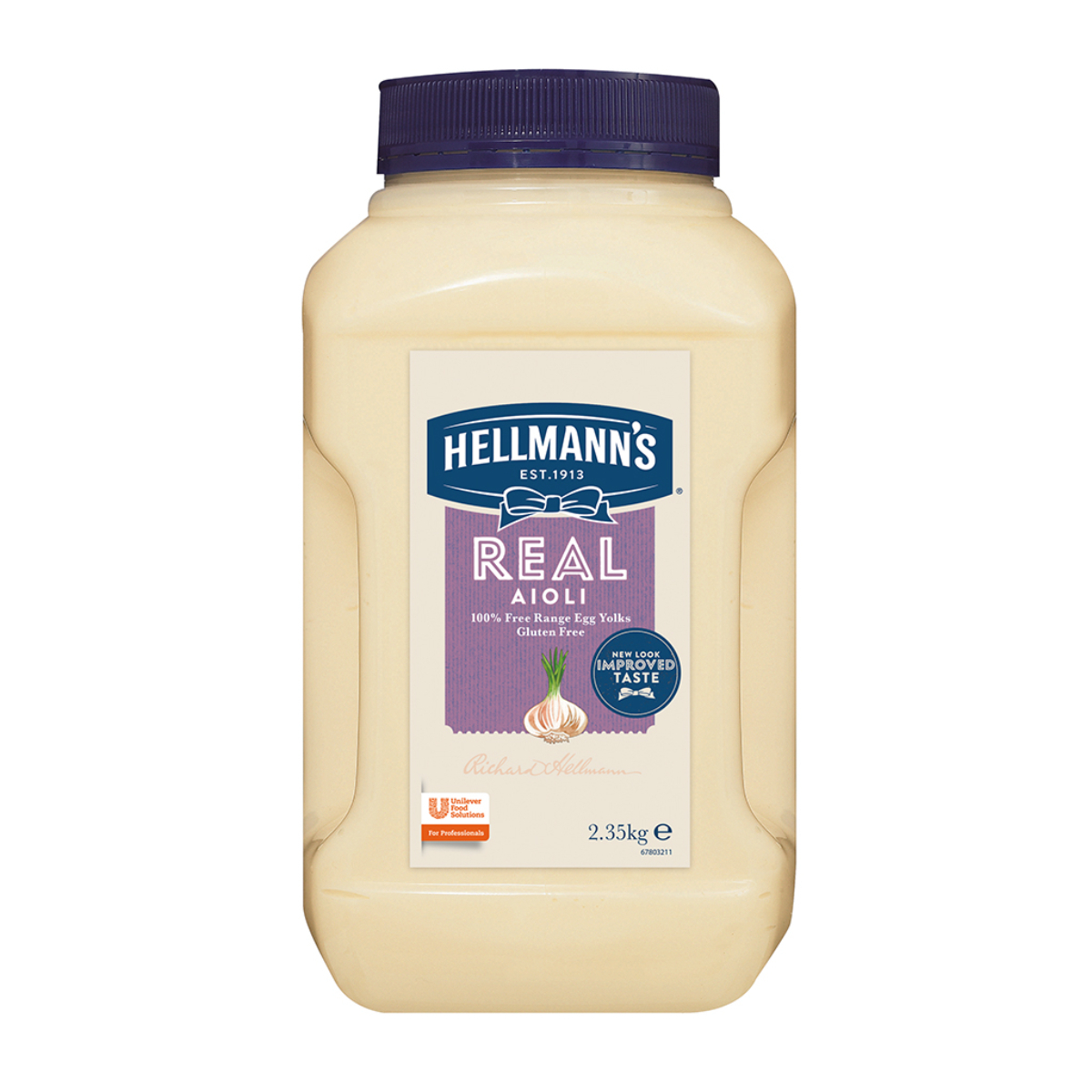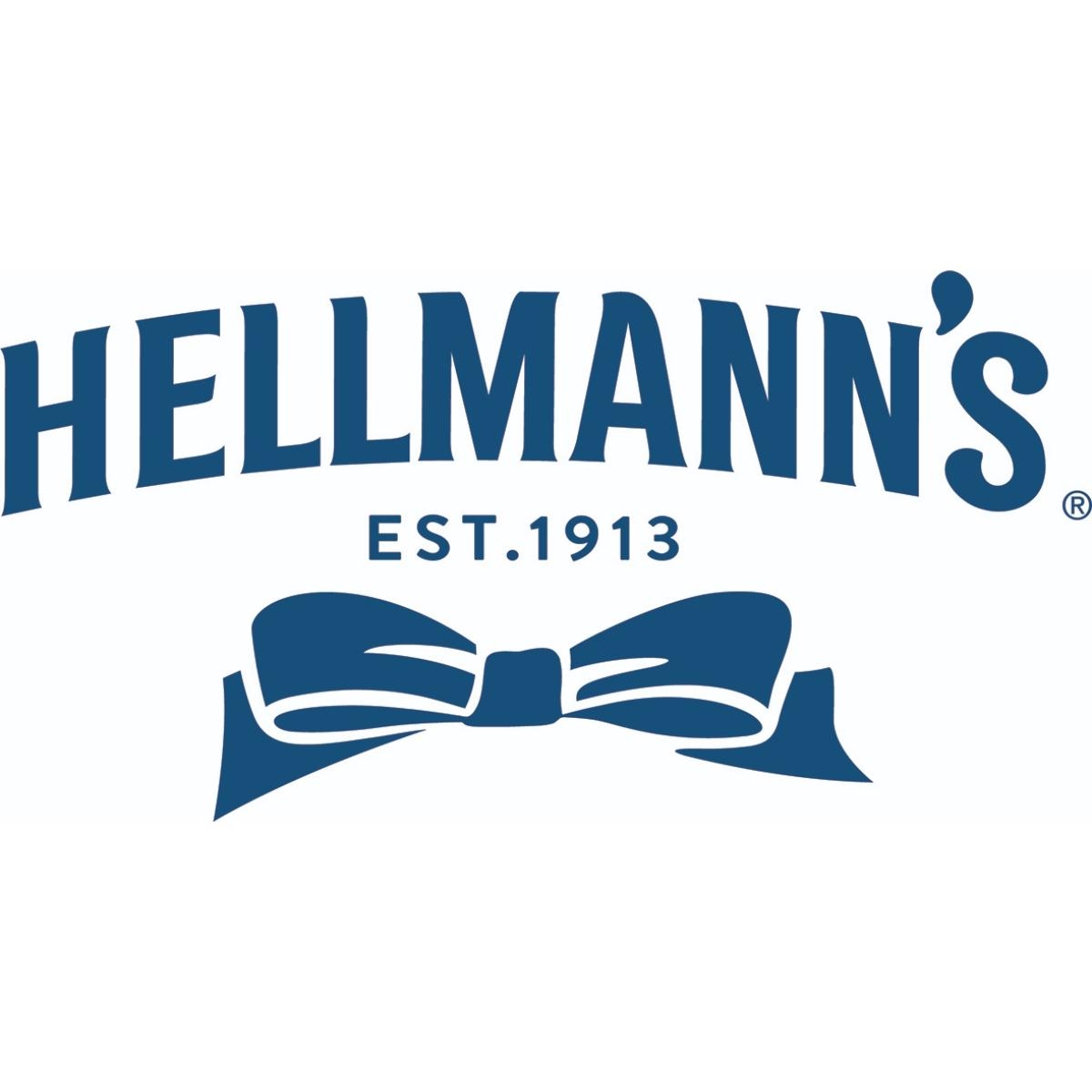This article has been provided by the team at Bega Dairy & Drinks – originally published in Bean Scene Magazine.
If we’re going to keep enjoying the wonderful coffee we have here in Australia, we’re going to need to do it in a sustainable and environmentally friendly way.
I’m sure we’re all well aware nowadays about climate change and the impact humans and our decisions are having on the environment. It’s up to each of us to evolve our everyday habits to play our part in having a more positive impact on the planet – especially around coffee.
Climate change is an issue affecting every person and industry around the world, but coffee is particularly vulnerable. It also contributes a lot of emissions, from the farm level through processing, transporting, roasting, the café, and the takeaway cup the customer leaves with.
Does this mean we should stop drinking coffee? Probably not, but it’s why we, as an industry, have a responsibility to make smart and sustainable choices to offset any impact we all create.
The items we use each and every day can have much bigger carbon footprints than we even realise, so one way we can make a difference is with the products we choose to serve in our café.
Beyond our own responsibility, the products you use are a reflection of your brand and values, and it’s important to many customers that they’re supporting businesses that do the right thing.
For your plant-based milks, products that have ingredients grown in Australia lend themselves to a smaller carbon footprint that those coming from overseas thanks to the reduced shipping.
Vitasoy, for instance, proudly works with many local and regional growers throughout Australia and has a strong local and regional footprint. It has an Australian First Sourcing Policy and will choose Australian grown ingredients where possible.
All of Vitasoy’s grains, nuts and seeds are grown in Australia. The company works hard to nurture and develop long-standing partnerships with all growers and is proud to support Aussie farmers and local communities. Just like we advocate for a sustainable coffee supply chain, Vitasoy is committed to ensuring a sustainable and continuous agricultural supply chain that supports our network of Australian farmers. What’s more, sourcing from a sustainable supply chain raises the bar so that not only Vitasoy, but its key suppliers, can have in-house sustainability programs.
All Vitasoy Australia products are manufactured in regional Victoria at its Wodonga factory, employing close to 100 local employees. A company that grows local and supports local – pretty awesome when we can do both on home soil, isn’t it?
Break it down
Almond milk tends to get a bad rap when it comes to sustainability because it requires a significant amount of water to grow and the impact on the bees required to pollenate the trees, but that doesn’t look at the whole picture.
Australia has stricter regulations when it comes to pesticide and fungicide use than the United States, one of the largest producers of almonds in the world.
One of Vitasoy’s almond growers in Northern Victoria is committed to reducing its environmental footprint and supporting the communities where they operate. This includes investing in state-of-the-art irrigation systems and creating pollinator habitats. It is also participating in industry-wide sustainability initiatives that incorporate more technologies to drive water efficiency.
Soy and oat milk both have sustainability credentials, and if your customer is looking for the most sustainable alternative, it might be best to steer them in this direction. The more informed people are, the better decisions they can make.
Some of Vitasoy’s soy beans are grown organically, and produced using a self-developed method of softer farming to replace the need for conventional farming practices.
Serving the right plant-based milks and other products is only one way a coffee business can reduce its footprint.
On a wider scale, I know that Vitasoy aims to implement an ongoing sustainable operations model that delivers a 25 per cent reduction in electricity, gas, and water at its Wodonga processing plant by 2025.
It will remain accountable with compliance and governance to ensure zero regulatory violations and delivery of ISO 14001 certification*, which essentially means a business is focused on its environmental impact, supported by effective management processes.
And at Ona Coffee, we’ve moved to solar power at our roastery and some of our cafés, and I know several other roasters and coffee shops have done the same. If going solar is a little out of reach for your coffee bar, there are still many little changes than can make a difference.
Packaging is a problem. Think of ways to reduce, reuse, or recycle your cardboard and packaging, like turning your milk cartons into carry trays. I’ve even seen wallets being made!
Two years into COVID-19, we keep encouraging cautious customers to dust off the reusable cup. This is also such a key part to good daily drinking habits, like reusable bags at the supermarket, or taking your soft plastics into supermarkets for recycling – everything matters.
Vitasoy has its own plans to align with the Australian Packaging Covenant guidelines by 2025 and ensure its consumer and market packaging is in line with industry packaging standards.
On a day-to-day basis, baristas can help by making sure things run smoothly. Use your scales, measure your milks, and maintain your equipment. If your grinder is off or shots aren’t pulling right, it just creates waste and all the energy and resources that went into those coffee grinds go out in the bin. Plus, upcycle your coffee grinds, reuse them in sustainable ways, such as making classic body scrub and selling it on café retail shelves, or use to make soil for the garden, there’s lots of options.
Sustainability and climate change are big issues, but making smart choices with the products we use and consume is how we can each play our part.
And never underestimate the power of a strong supplier and consumer relationships to deliver sustainability goals. It’s amazing what you can resolve or achieve together. By simply starting an open dialogue and getting the conversation started, the opportunities are endless.
And if you’re a Vitasoy fan like I am, you can rest a little easier knowing the company you consume your Oat, Almond and Soy milk from is committed to continuously supplying nutritious, great tasting, sustainable plant-based products – just for you.
*https://www.awe.gov.au/environment/protection/waste/plastics-and-packaging/packaging-covenant

